
This photo taken on July 4, 2022 shows a workshop of the Volkswagen Anhui MEB (Modular Electric Drive Matrix) plant under construction in East China's Anhui province. (Photo/Xinhua)
The Chinese market has proven to be a reliable earnings engine many multinational firms cannot afford to lose or even neglect in a tough time, as the latest financial reports from many world-renowned brands have revealed.
From automobiles to consumer goods, multinationals such as BMW, Yum and L'Oreal logged robust market growth in China in the third quarter. Corporate revenues were boosted despite facing headwinds, including the lingering COVID-19 pandemic, disrupted supply chains, weakened consumer sentiment and rising production costs.
For many car manufacturers, China remained a significant source of demand in the quarter.
The BMW Group cited strong sales in China as one of the drivers behind a year-on-year rise in its third quarter revenue by over one-third to nearly 37.2 billion euros ($38.77 billion).
"Contributing to this were solid pricing for new and used cars, a favorable product mix, and, in particular, revenue from its Chinese joint venture," the company said in a news release.
The company's sales were down 0.9 percent to 587,800 units compared with the same quarter of 2021, but its business in China was strong, up 5.7 percent. Europe, on the other hand, saw an 11.1 percent decrease in the quarter.
Another automobile giant, Volkswagen Group, saw a recovery in China accelerated with a 26 percent increase in deliveries in the quarter, according to its financial report. In particular, regional demand for electric vehicles continued to grow, and deliveries more than doubled year-to-date to 112,700 units.
The catering industry has been one of the hardest hit by the pandemic. However, Yum China's total revenue rose 11 percent year-on-year to $2.68 billion, and the company opened 239 new stores in Q3, its earnings report showed.
With the volatile COVID-19 situation, delivery continued to be a popular option, which contributed approximately 38 percent of KFC's and Pizza Hut's company sales in China in the quarter, an increase of four percentage points from the previous year period, the report added.
According to food and beverage multinational Danone's third quarter financial report, its China, North Asia and Oceania divisions posted a year-on-year sales growth of 6.8 percent in the quarter. In China, infant milk formula sales registered competitive growth on a high base, while adult nutrition and pediatric specialties reported another quarter of outstanding growth.
French beauty giant L'Oreal Group saw its sales on the Chinese mainland in the quarter go up 20.5 percent yearly to 27.94 billion euros. In addition, the company said it strengthened its position in e-commerce in China, topping the rankings on short-video sharing platform TikTok, with L'Oreal Paris being No 1 in skincare.
Eyeing China's huge and more open market, improved business environment, high-quality development and sustained economic recovery, many multinationals are doubling down on their investments in the world's second-largest economy.
Data from the Ministry of Commerce showed that foreign direct investment on the Chinese mainland, in actual use, expanded 15.6 percent year-on-year to surpass 1 trillion yuan ($139.6 billion) in the first three quarters of 2022.
Yum China announced on its website that it aims to open approximately 1,000 to 1,200 new stores and make capital expenditures of $800 million to $1 billion this year.
"Looking ahead, we are confident about unlocking the long-term opportunities in China. The strong performance of our new stores gives us the confidence to open new and profitable stores at a robust pace," Joey Wat, CEO of Yum China, was cited in the report as saying.
Last month, L'Oreal China inaugurated two pioneering projects in Suzhou, Jiangsu province, by laying the foundation of its first direct-to-consumer intelligent center and announcing the opening of its new healthy beauty workshop.
According to a recent survey conducted by the China Council for the Promotion of International Trade, foreign-funded companies in the country remain upbeat about the Chinese market and speak well of its business environment and macroeconomic policies.
In the third quarter, foreign enterprises' satisfaction ratings on market access, promoting market competition, obtaining business premises and acquiring financial services increased by 1.99, 1.84, 1.52, and 1.43 percentage points, respectively, compared with the second quarter, the survey showed.
To speed up the pace of innovation in the Chinese market, Volkswagen's software unit Cariad set up a JV with Chinese technology company Horizon Robotics to accelerate regional development of advanced driver assistance systems and autonomous driving systems for the Chinese market.
Recently, authorities unveiled a slew of measures, including opening more sectors to foreign investment by issuing a new catalog of industries for foreign investment and facilitating the reduction of the negative list for foreign investment to transform opening-up policies into concrete projects.
"The recent messages from the Chinese government on continuing to attract foreign investment, expand opening-up and drive innovation are encouraging. We are optimistic about the Chinese market's medium and long-term prospects," Oliver Zipse, chairman of the Board of Management of BMW AG, told Xinhua in an interview.
"The BMW Group is unwaveringly committed to China and will continue its win-win-partnerships with local companies," Zipse said.











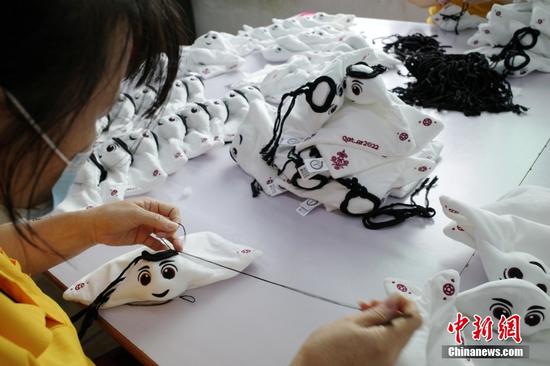

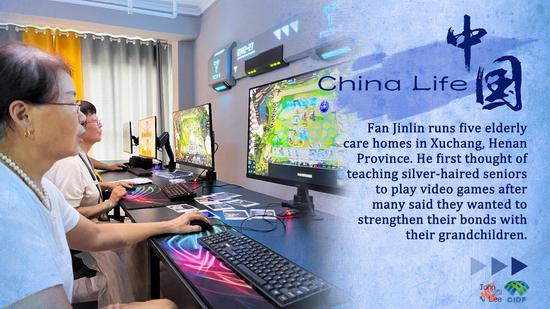
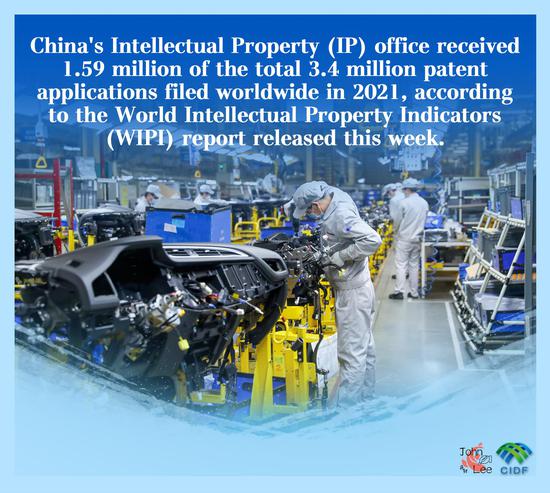
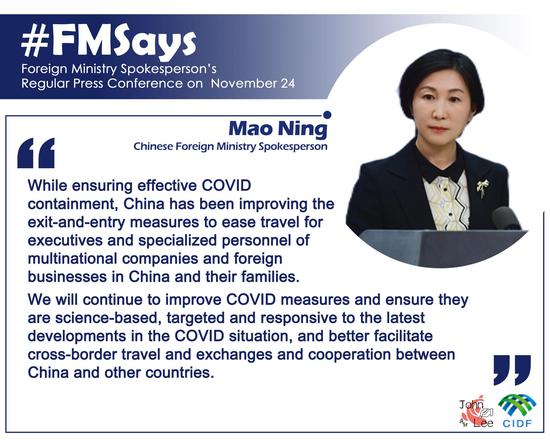
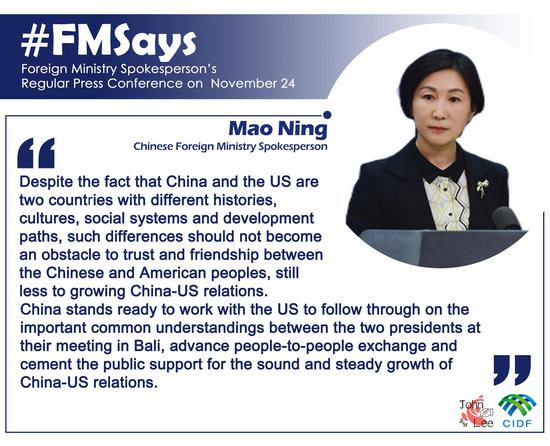







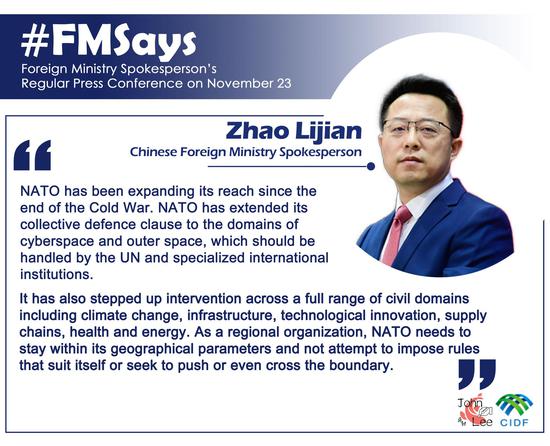
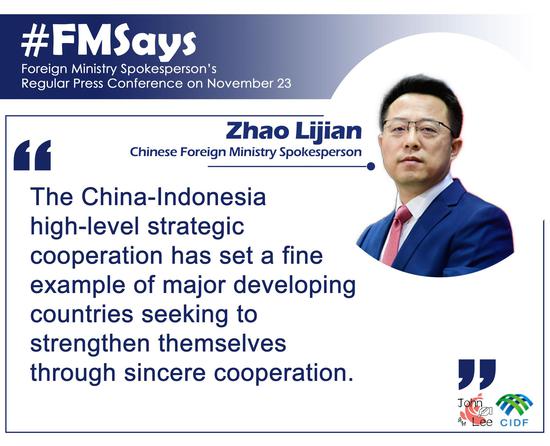


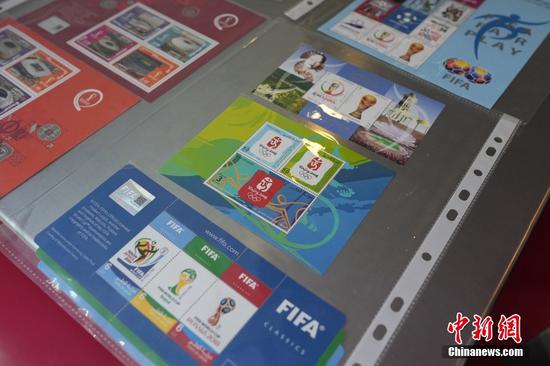

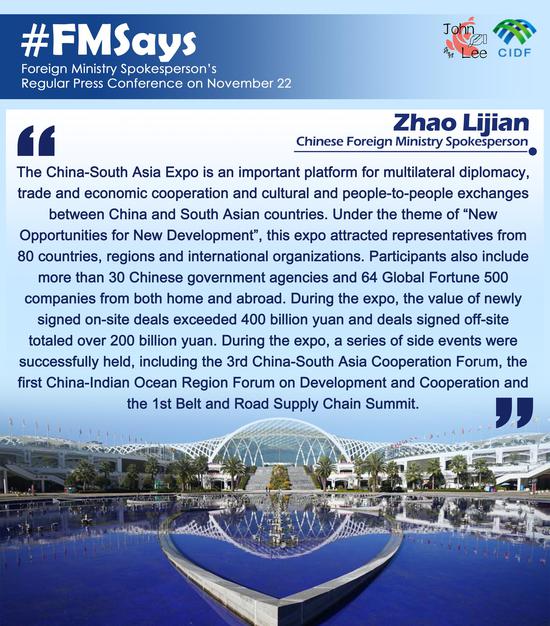
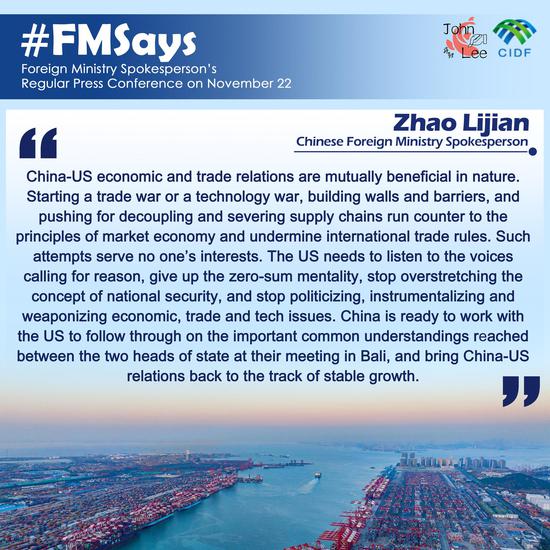
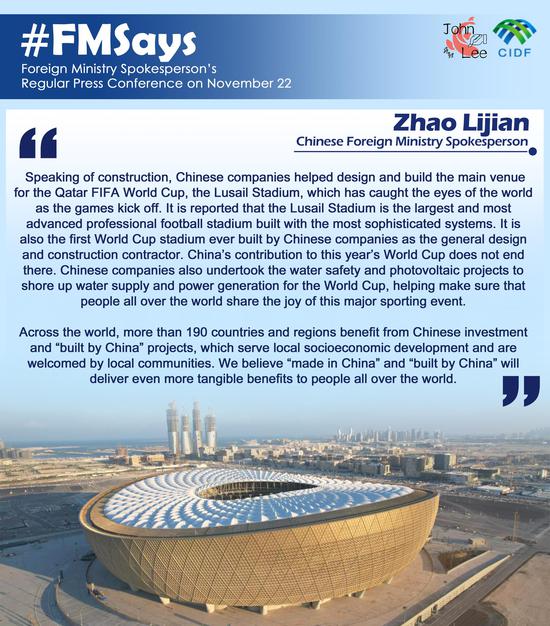
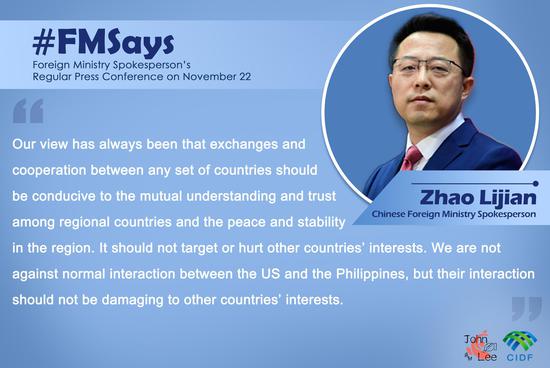


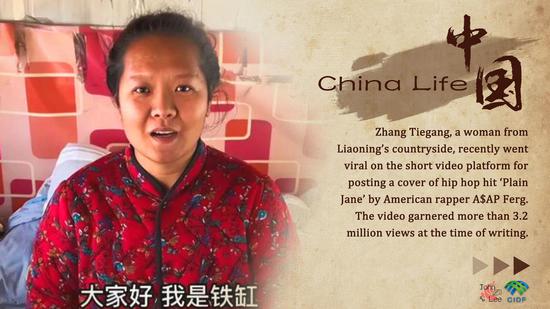
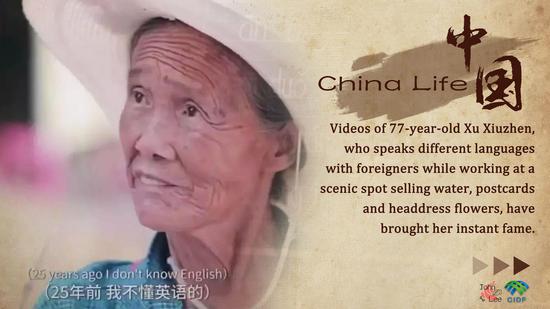












 京公网安备 11010202009201号
京公网安备 11010202009201号